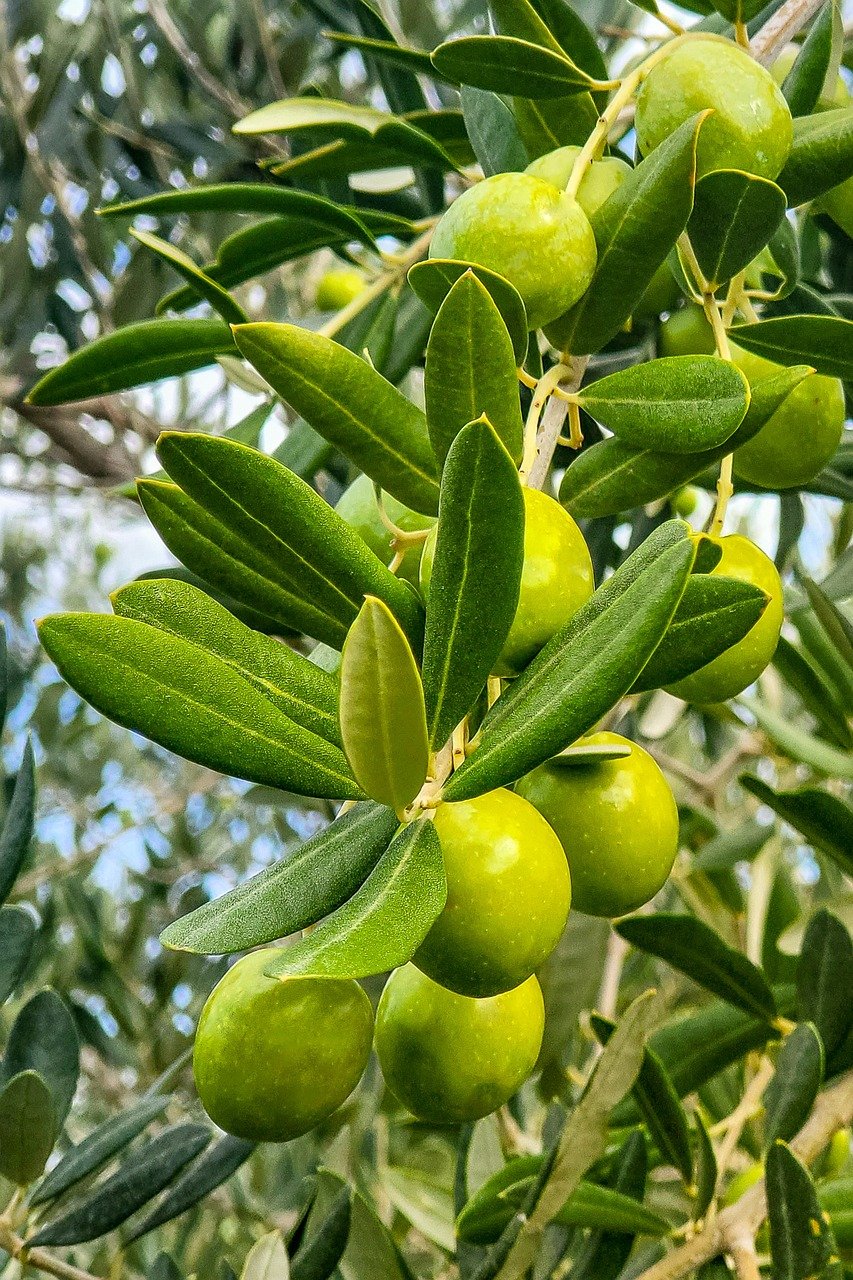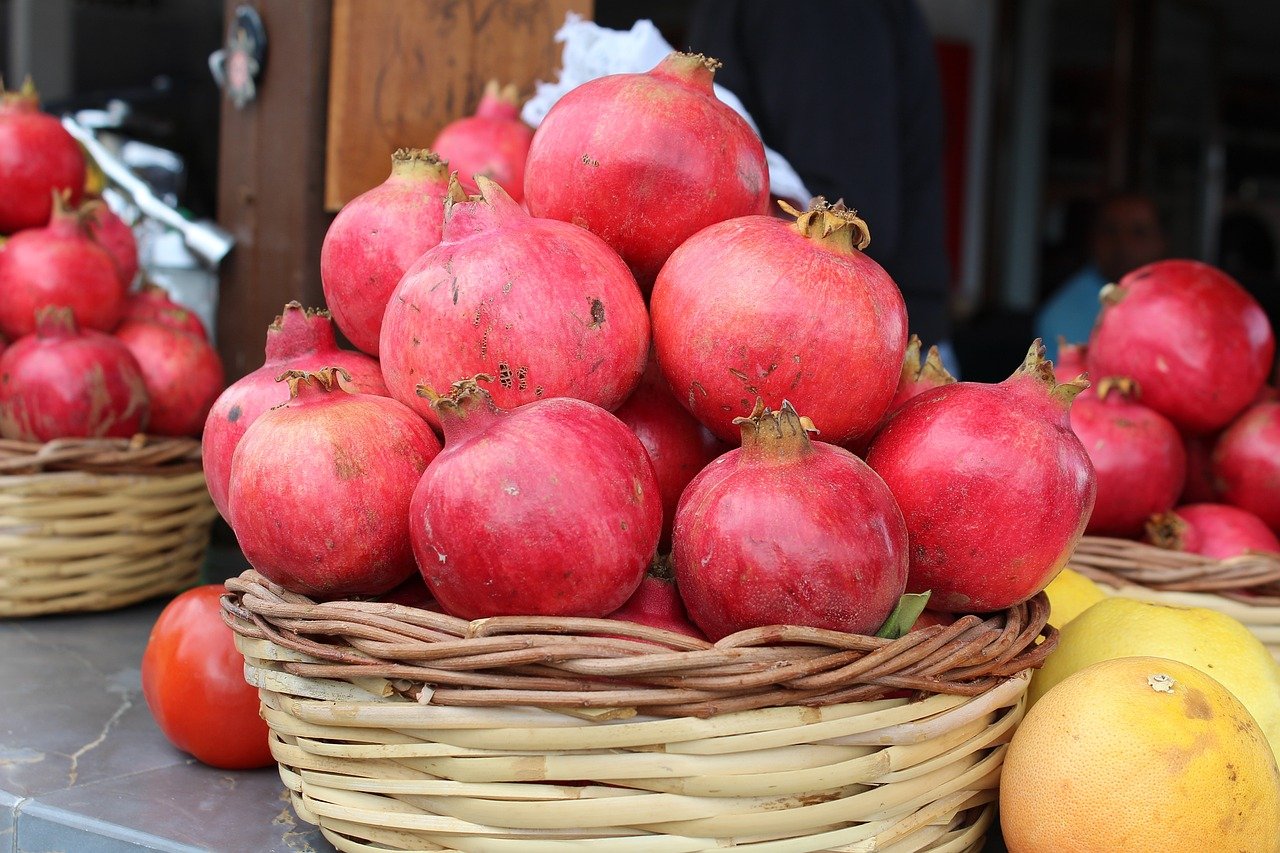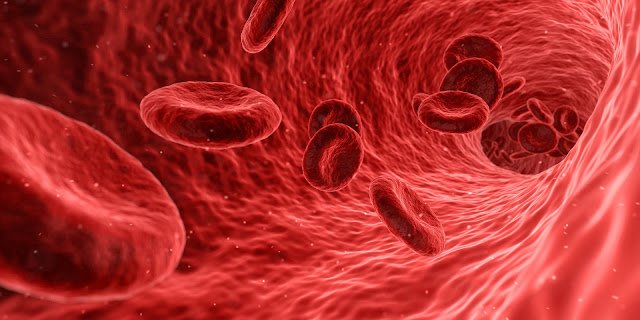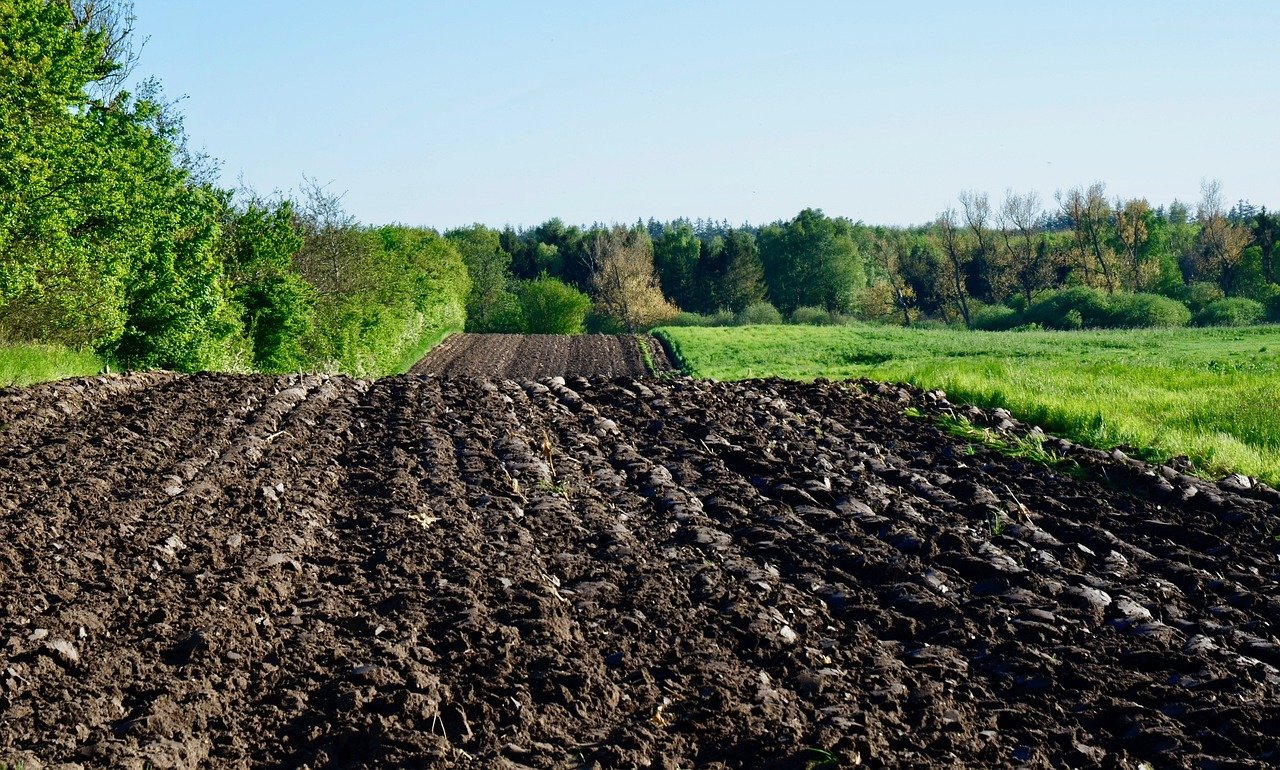Olives: Nutritional Composition and Health Benefits
Introduction The olive tree, also known as the “tree of eternity,” is an ancient Asian fruit crop with a documented history of 8000-6000 years. It thrives well in sub-tropical regions, preferring semi-arid, warm conditions. Olives thrive best in well-drained, fertile, deep, loamy soil with an alkaline pH, and can’t tolerate humid conditions. Olive belongs to … Read more







